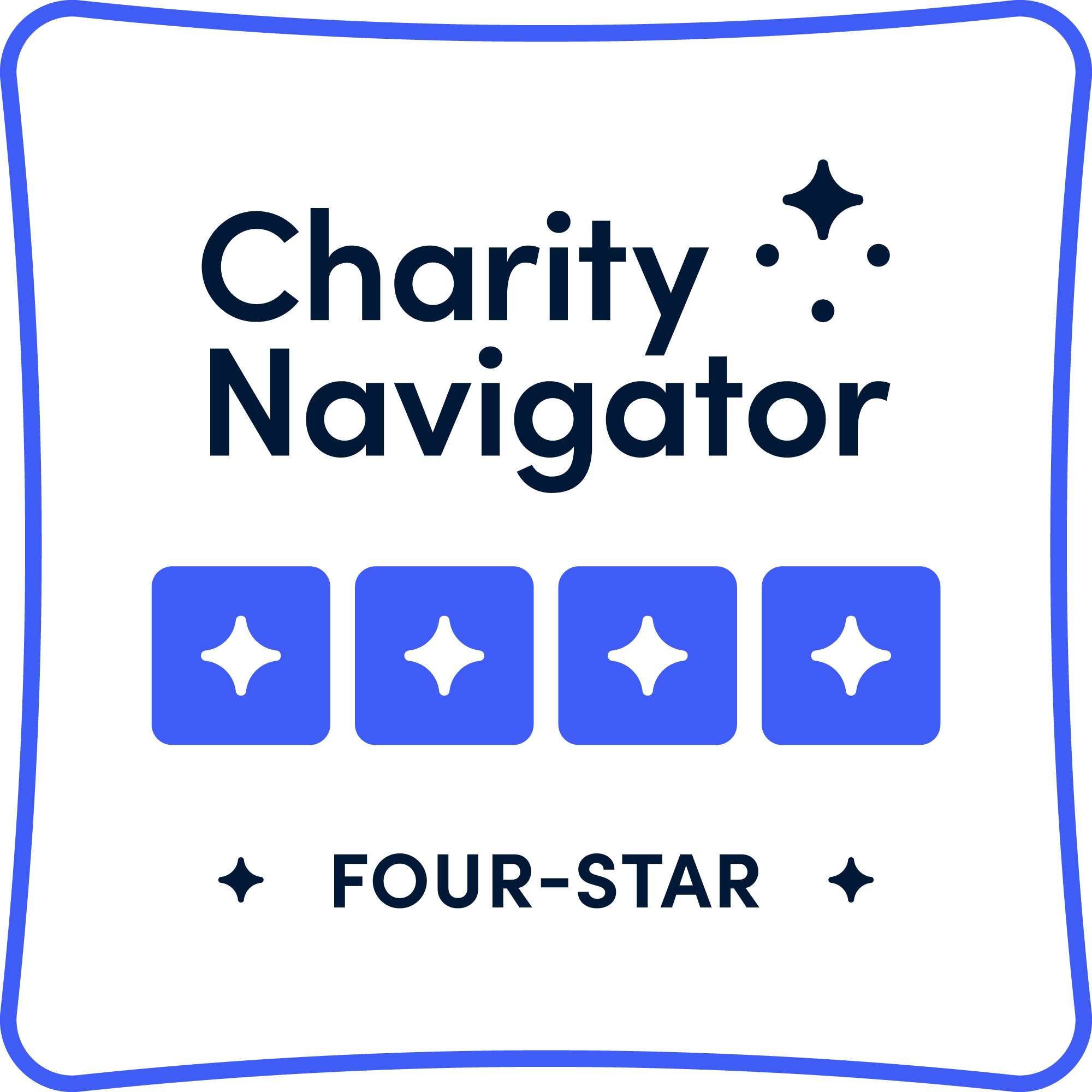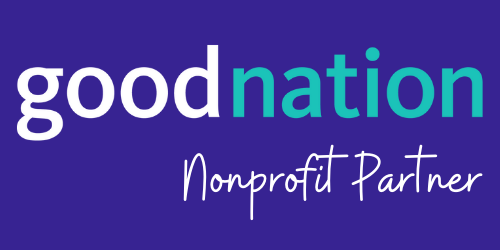With the ideas42 Seminar Series, we invite leading scholars to share their insights and what inspires their exploration into human behavior.
Our New York office was pleased to host Rich Patterson, Assistant Professor of Economics in the department of Social Sciences at the United States Military Academy at West Point. Dr. Patterson completed his B.A. in Economics at Brigham Young University in 2009 and his Ph.D. in Policy Analysis & Management from Cornell University in 2015. His primary research interests are applied microeconomics, the economics of education, and behavioral economics. After giving a talk to the ideas42 team, Rich was kind enough to share some of his thoughts on behavioral science:
What drew you to study of behavior in education and economics?
A nudge! My principles of economics instructor sent each student who got a good grade in his large lecture course a letter requesting that they should pursue a major in economics. Even though I knew everyone who got a good grade received this letter, I found the letter very persuasive. It didn’t hurt that I loved how economics could make sense of peoples’ decisions, but I’ve always been struck by how much influence that letter had on one of the most important decisions I’ve made. Our decisions on where to go to school, what to study, how much to study, how much to work, and how much to borrow are “supposed” to be carefully made to maximize our long run well-being, but this often isn’t the case. It seems that many of our education decisions are the results of rules of thumb, our biases, and subtle nudges.
What’s one of the most surprising discoveries about human behavior?
One discovery that I find surprising and compelling is how much small short-run costs can dissuade people from making both good and bad choices. One of the most striking examples of this discovery is an experiment run by Eric Bettinger, Bridget Terry Long, Phillip Oreopoulos, and Lisa Sanbonmatsu. They find that when tax preparers help families fill out the Free Application for Federal Student Aid (FASFA), family members are nearly 30% more likely to complete at least 2 years of college. This discovery has potential to help people in meaningful ways, both by eliminating short-run costs for beneficial decisions and introducing short-run costs to detrimental decisions.
Tell us about your work in studying behavior in the realm of education.
My work involves applying behavioral insights to design policies and tools for students. I am particularly interested in using computer technology to help students decrease the short-run costs of good education decisions and increase the short-run costs of poor education decisions. In a recent study, I found that providing online students with a tool that allows them to pre-commit to daily limits on distracting Internet time significantly increased course completion. My current work involves designing and testing new tools for online students and students that use computers in the classroom.
What have you learned in applying behavioral insights that has changed the way you work?
Great question! I try to set up my work environment to make poor decisions or procrastination a little bit more costly. For example, I set up my desk so that my computer screen is visible to anyone walking by my office. I also set a long pass-code to get onto my phone. These little barriers to procrastination help me be more productive and are minor enough that they don’t wear out their welcome.


